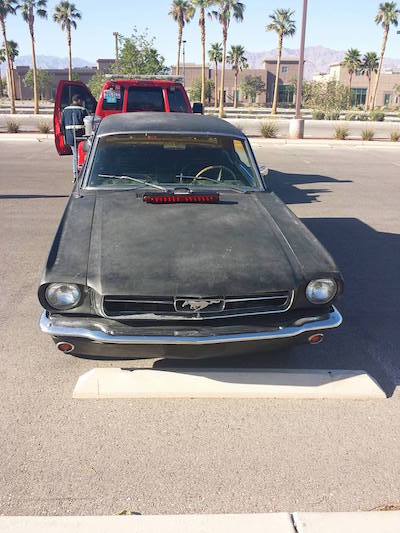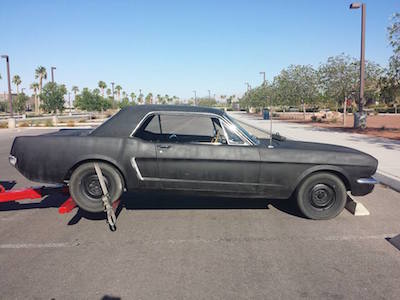
If you’ve always fantasized about cruising around town in an old Mustang or any other classic car, finally making the decision to buy one can be one of the most rewarding things you can do for yourself. However, it can also turn into an absolute nightmare and end up with you wasting a ton of money if you’re not careful. There are huge differences between simply buying an old car and buying a classic car, but if you’re not careful, that classic car you’ve always had your eye on could turn out to be a piece of junk. Therefore, it is important that you consider a few important factors before taking the plunge and spending all that cash on your dream car, or else it could end up being a nightmare.
Be On the Lookout for Rust
One of the first things you should do before buying a classic car is to thoroughly examine it for rust. If you are simply buying an old car because you like the looks of it or are nostalgic about it, some minor rust spots on the body probably aren’t a huge issue, as minor rust can usually be easily fixed. However, if you are buying a classic car as an investment, keep in mind that replacing any rusted out parts or panels means the car will never again be considered factory original and thus you’re not likely to make any money on your investment. While minor rust spots are such a big deal, you should definitely stay away from any classic or old cars that have show signs of rust on the under carriage. It’s unlikely you’ll ever be able to fully fix rust on the under carriage and it could eventually lead to serious frame or mechanical issues.

Keep Gas Mileage in Mind While classic cars may look cool, it is important to remember that they were produced at a time when fuel economy was nowhere near what it is nowadays. Therefore, if you plan on driving the car every day, you could end up spending a fortune on gas. Nonetheless, there are a number of classic cars that still achieve a quite respectable MPG rating, such as older VW cars. So you may want to consider something like this if you plan on it being your everyday vehicle. Consider How You’ll Find Replacement Parts Another area to research before buying a classic car is whether or not replacement parts for it are readily available in your area. If they are not, you may want to consider a different car, unless you are ok with paying a fortune and waiting forever for you replacement parts to be shipped to you from halfway around the world. Leaded vs. Unleaded Gasoline It is also important to keep in mind that classic cars were built at a time when leaded gasoline was still in use. This means that using unleaded gas in some classic cars can cause certain engine parts to wear out quickly, while other classic cars work just fine with unleaded gas.


